In a significant development, the New York Police Department (NYPD) has agreed to settle a case involving the interference with the personal and religious freedoms of two Muslim women. As part of the settlement, the NYPD will pay a substantial sum of $1.75 million in compensation.
According to a report by Yahoo News, the incident dates back to 2018 when Jamila Clark and Arwa Aziz were arrested by the NYPD. During their arrest, they were compelled to remove their hijabs for photographs, resulting in a violation of their right to privacy and religious freedom.
US lawyers involved in the case have indicated that after deducting legal fees and other costs, approximately $1.3 million will be distributed among around 3,600 individuals who have been victims of similar infringements.
Albert Fox Kahn, attorney for Clark and Aziz, emphasized that this settlement sends a strong message that the NYPD cannot infringe upon the rights of New Yorkers.
Despite the NYPD's claims that the arrests were made for violating a protection order, Clark and Aziz asserted that they were targeted for harassment.
Reflecting on the ordeal, Clark stated, "When they forced me to take off my hijab, I felt like I was naked," underscoring the profound impact of the incident on her personal dignity.
Nicholas Paolucci, a spokesman for the New York Department of Law, acknowledged that this settlement has led to positive reforms within the NYPD, emphasizing the importance of respecting individuals' religious beliefs.
Furthermore, the resolution of this case is expected to pave the way for greater freedom to wear religious attire, including Jewish wigs, yarmulkes, and Sikh turbans.
Under US law, police are permitted to temporarily remove a person's head covering to conduct searches for weapons or contraband, but only by officers of the same sex.
Afaf Nasher, executive director of the American Council on Islamic Relations in New York, expressed gratitude to the Muslim women who bravely stood up in this case, highlighting the significance of their advocacy in securing justice and upholding fundamental rights.



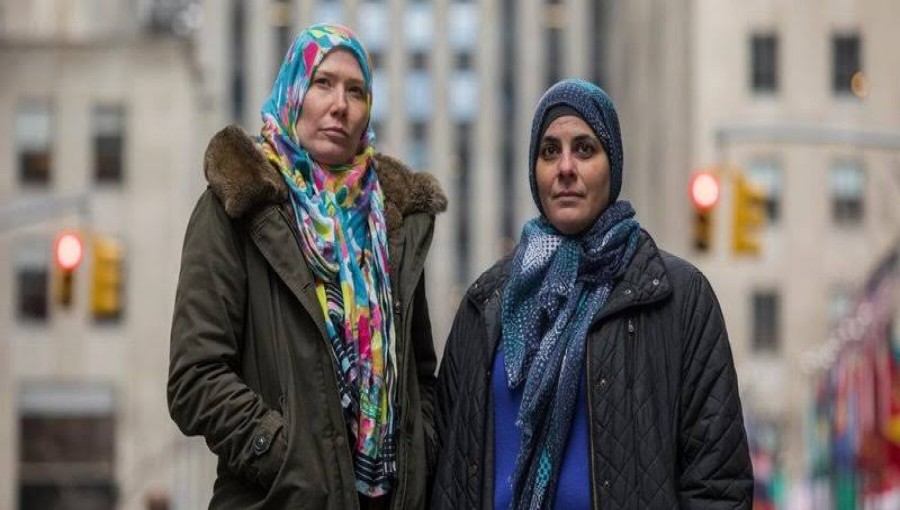

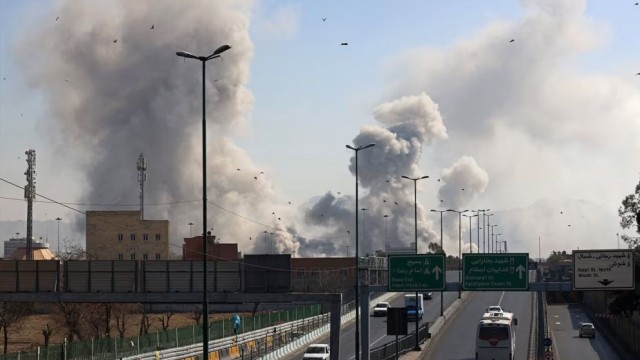
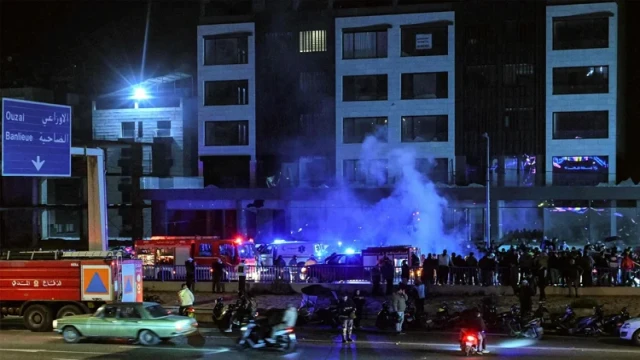


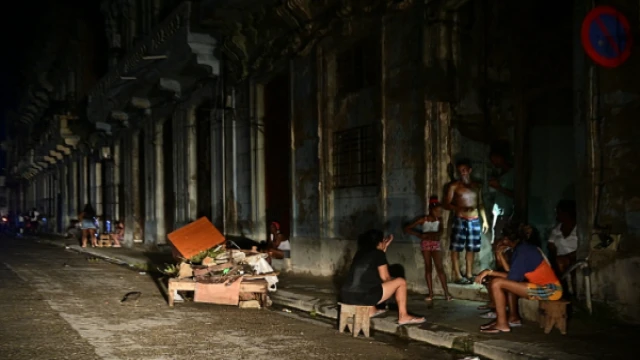
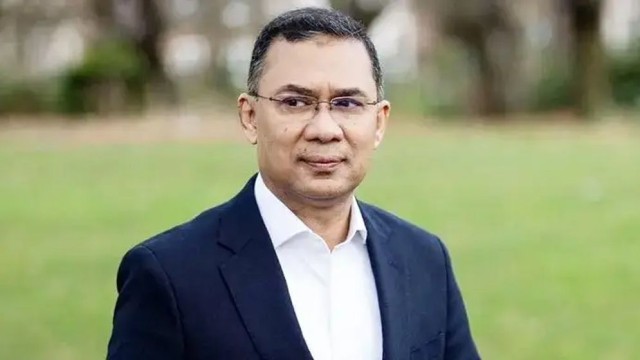


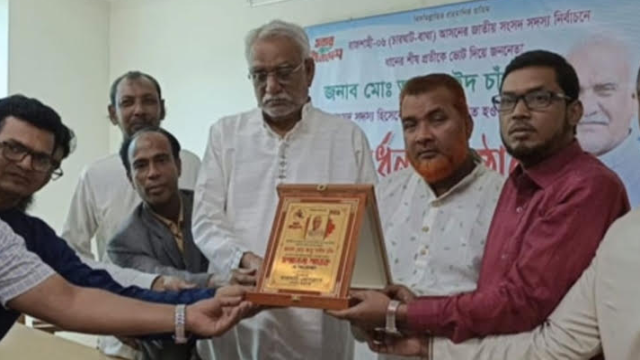
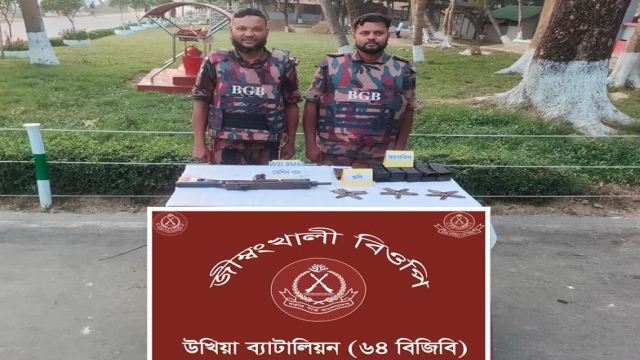
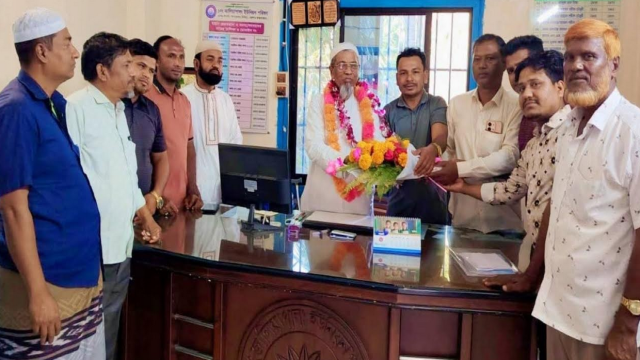
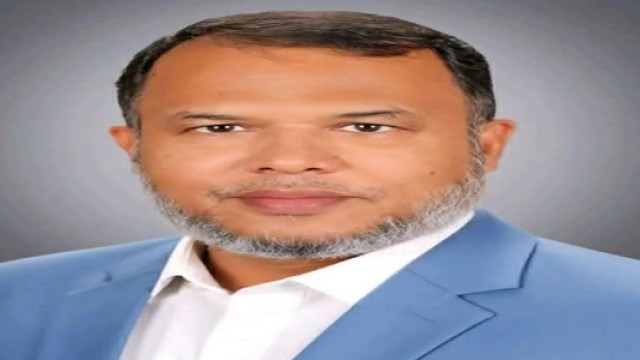














Comment: